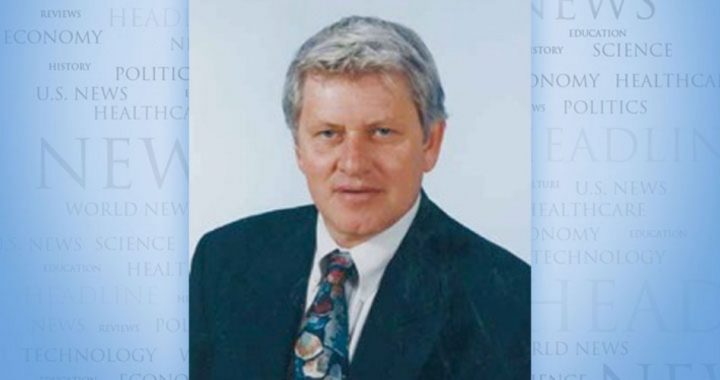
“In 1931, when Brave New World was being written, I was convinced that there was still plenty of time,” wrote Aldous Huxley in 1958 in Brave New World Revisited. “The completely organized society, the scientific caste system, the abolition of free will by methodical conditioning, the servitude made acceptable by regular doses of chemically induced happiness, the orthodoxies drummed in by nightly courses of sleep-teaching — these things were coming all right, but not in my time, not even in the time of my grandchildren.”
Huxley saw the process of passing from “one extreme to the other,” from a basically uncontrolled society to ”the much too orderly Brave New World where perfect efficiency left no room for freedom or personal initiative,” coming faster than he had imagined in 1931.
Stating that technology had reduced the long interval he anticipated between an unregimented society and the crushing of individuality and personal uniqueness by an all-pervading state, Huxley warned that “modern technology has led to the concentration of economic and political power, and to the development of a society controlled (ruthlessly in the totalitarian states, politely and inconspicuously in the democracies) by Big Business and Big Government.”
On how individuals have been affected by technological advances and the expansion of state monitoring and control, Huxley quoted psychologist-philosopher Dr. Erich Fromm.
“Our contemporary society, in spite of its material, intellectual and political progress, is increasingly less conducive to mental health, and tends to undermine the inner security, happiness, reason and the capacity for love in the individual; it tends to turn him into an automaton who pays for his human failure with increasing mental sickness, and with despair hidden under a frantic drive for work and so-called pleasure,” wrote Fromm.
Under these conditions, stated Fromm, “let us beware” of “defining mental hygiene as the prevention of symptoms.” Neurotic “symptoms as such are not our enemy, but our friend; where there are symptoms there is conflict, and conflict always indicates that the forces of life which strive for integration and happiness are still fighting.”
In others words, asserted Huxley, “The really hopeless victims of mental illness are to be found among those who appear to be normal.”
Many are viewed as “normal,” said Fromm, “because they are so well adjusted to our mode of existence, because their human voice has been silenced so early in their lives, that they do not even struggle or suffer symptoms as the neurotic does.”
Explained Huxley: “They are normal not in what may be called the absolute sense of the word; they are normal only in relation to a profoundly abnormal society. Their perfect adjustment to that abnormal society is a measure of their mental illness. These millions of abnormally normal people, living without fuss in a society to which, if they were fully human beings, they ought not to be adjusted, still cherish ‘the illusion of individuality,’ but in fact they have been to a great extent ‘deindividualized.’ Their conformity is developing into something like uniformity. But (as Fromm wrote) ‘uniformity and freedom are incompatible. Uniformity and mental health are incompatible too.… Man is not made to be an automaton, and if he becomes one, the basis for mental health is destroyed.’”
Huxley’s warning in 1958 was straightforward: “The Will to Order can make tyrants out of those who merely aspire to clear up a mess. The beauty of tidiness is used as a justification for despotism.”
Ralph R. Reiland is an associate professor of economics and the B. Kenneth Simon professor of free enterprise at Robert Morris University in Pittsburgh.



